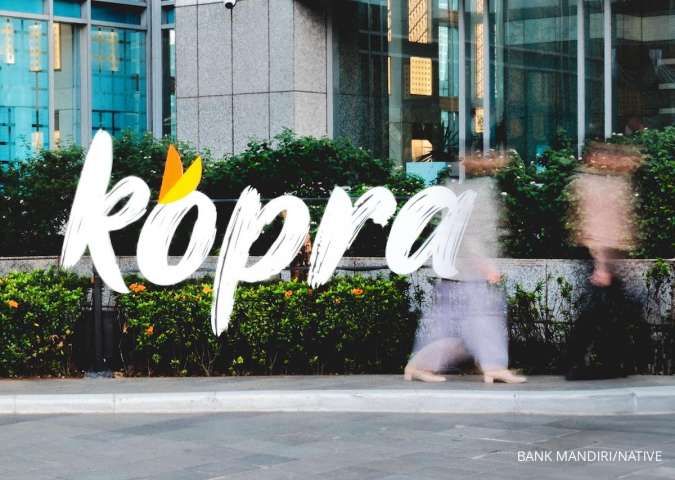KONTAN.CO.ID - KUALA LUMPUR. Malaysia on Friday unveiled plans to scale back spending this year and tax the wealthy as Prime Minister Anwar Ibrahim focuses on narrowing the budget deficit while supporting a slowing economy. Three months into the job, Anwar is facing a sharp moderation in Malaysia's export-driven economy, lower revenue and growing calls to address higher costs of living. Anwar, who is also finance minister, vowed to maintain subsidies and other government support for lower-income groups, while broadening the revenue base through taxes targeting luxury goods and capital gains.
"Given that the income and wealth of the country is concentrated among the wealthy and elites, it is appropriate that the distribution of national revenue is focused on low and middle income groups," Anwar said in parliament as he presented the 2023 budget.
Baca Juga: Indonesia dan Malaysia Upayakan Penyelesaian Permasalahan PMI He asked for the wealthy to take "joint responsibility". Anwar forecast the deficit to narrow to 5% of gross domestic product (GDP) this year from 5.6% last year. The estimate is more ambitious than his predecessor's earlier target of 5.5%. The government will introduce a luxury goods tax this year for items such as luxury watches and fashion goods. Income tax will be raised by up to 2 percentage points for some high income individuals, Anwar said. Malaysia will also consider implementing a capital gains tax "at a low rate" for the disposal of unlisted shares by companies from 2024, he said, adding that a broad-based goods and services tax was out of the question for now. The government said it will reduce the income tax rate for some 2.4 million middle income earners by 2 percentage points. And, it plans to provide up to 64 billion ringgit ($14.44 billion) in subsidies, aid and incentives this year. "The revision to the deficit forecast to 5% was quite significant," said Brian Tan, senior regional economist for Barclays in Singapore. Tan said the new tax measures announced to broaden the revenue base appear to be progressive. "It's going to be a challenge since the PM has ruled out reintroducing a goods and services tax," he said. The budget is the first big policy announcement by Anwar, who was elected in November. His predecessor had presented a budget plan for 2023 in October, but it was not passed in parliament due to the election.
Reform Initiatives
The prime minister, who heads a coalition government that includes former rivals, stuck to his reformist roots and promised to clean up government finances, minimise leakages and strengthen governance to shore up the deficit. Government agencies were investigating various corruption cases, including those linked to the Pandora Papers leaks, he said. He faces a challenge in the economy, which is expected to grow 4.5% in 2023 compared to 8.7% last year -- the highest in 22 years. Export growth is expected to moderate to 1.6% this year, down sharply from 25% last year.
Baca Juga: Malaysia Temukan Perkampungan Ilegal WNI di Hutan, Ini 5 Permintaan Indonesia In parliament, Anwar said he was confident Malaysia would exceed the 4.5% target. The government proposed to spend 386.1 billion ringgit this year, lower than last year's preliminary spending estimate of 395.2 billion ringgit. A total of 97 billion ringgit was allocated for development spending. Revenue is expected to drop to 291.5 billion ringgit from 294.4 billion ringgit, partly due to lower crude oil prices.
The Malaysian government depends on state oil company Petronas for part of its revenue, including through a dividend and taxes. Petronas is expected to pay a dividend of 40 billion ringgit this year, lower than last year's 50 billion ringgit. Malaysia sees crude oil prices averaging $80 per barrel this year. Anwar's government has also said it would gradually reduce debt, which increased in recent years to fund a massive stimulus program during the COVID-19 pandemic. Government debt is seen at around 62% of GDP in 2023, up from 60.4% last year. The debt ceiling was at 55% before the pandemic. ($1 = 4.4330 ringgit)

